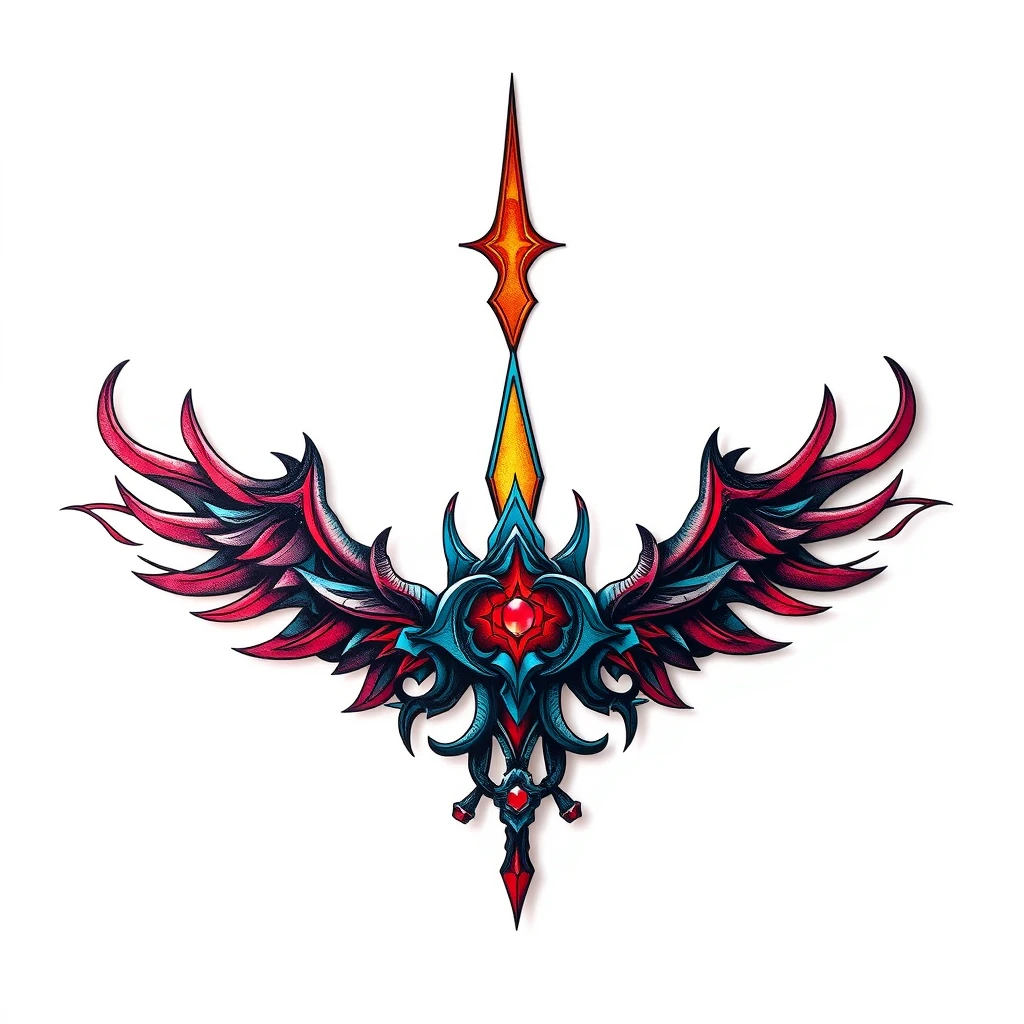The concept of Oblivion refers to a state of being forgotten, overlooked, or rendered insignificant. In the context of tattoos, Oblivion tattoos symbolize a deep-seated relationship with concepts of loss, memory, and the transient nature of life. These tattoos often serve as a personal reminder of what has been lost or left behind, while also embracing the idea of moving forward and the acceptance of impermanence.
Symbolism of Oblivion Tattoos
Acceptance of Mortality
An Oblivion tattoo commonly represents the acceptance of mortality. It is a poignant reminder that life is temporary and that death is a natural part of existence. This symbolism encourages individuals to live in the present moment and cherish their experiences, as everything is ultimately fleeting.
Release of Pain
For many, Oblivion tattoos symbolize the release of emotional pain and trauma. The act of getting a tattoo can act as a cathartic experience, allowing individuals to let go of past hurt and embrace a fresh start. It signifies the journey towards healing and moving beyond one's struggles.
Memory and Legacy
Oblivion tattoos can also embody the theme of memory and legacy. They serve as a reminder of the impermanence of memory itself—highlighting how time can erase memories. Such tattoos may commemorate loved ones who have passed away, ensuring that their legacy remains alive in the heart of the wearer.
Exploration of the Unknown
The unknown nature of Oblivion can represent a broader existential exploration. Individuals might choose this tattoo to symbolize their curiosity about what lies beyond life and the mysteries of the universe. It reflects a sense of wonder mixed with a touch of fear regarding what happens after death.
Cultural Significance
Different cultures interpret the concept of Oblivion in unique ways, often drawing from their historical and spiritual beliefs. Here are a few cultural interpretations:
- Eastern Philosophies: In some Eastern cultures, Oblivion is viewed as a journey to enlightenment, emphasizing the shedding of worldly attachments.
- Indigenous Beliefs: Many indigenous cultures see Oblivion as a sacred return to the earth, highlighting the cyclical nature of life and death.
- Western Literature: In Western literature and art, Oblivion often serves as a metaphor for existentialism, confronting individuals with themes of meaninglessness and the search for purpose.
Popular Oblivion Tattoo Designs
- Skull and Flowers: This design balances the macabre with beauty, representing the duality of life and death.
- Hourglass: Often used to symbolize the passage of time, this design reflects the impermanence of life.
- Abstract Swirls: These designs evoke a sense of movement and fluidity, symbolizing the ever-changing nature of existence.
- Feather: Represents flight and freedom, suggesting a release from worldly ties and an embrace of the unknown.
- Celtic Knots: These intricate designs symbolize the interconnectedness of life, death, and rebirth, embracing the idea that oblivion is a part of a greater cycle.
Ultimately, tattoo meanings are highly personal. An Oblivion tattoo may resonate with one individual in a specific way while holding a different significance for another. This individuality is what makes tattoos a profound form of self-expression, inviting personal reflection and exploration of one's own experiences and beliefs.

